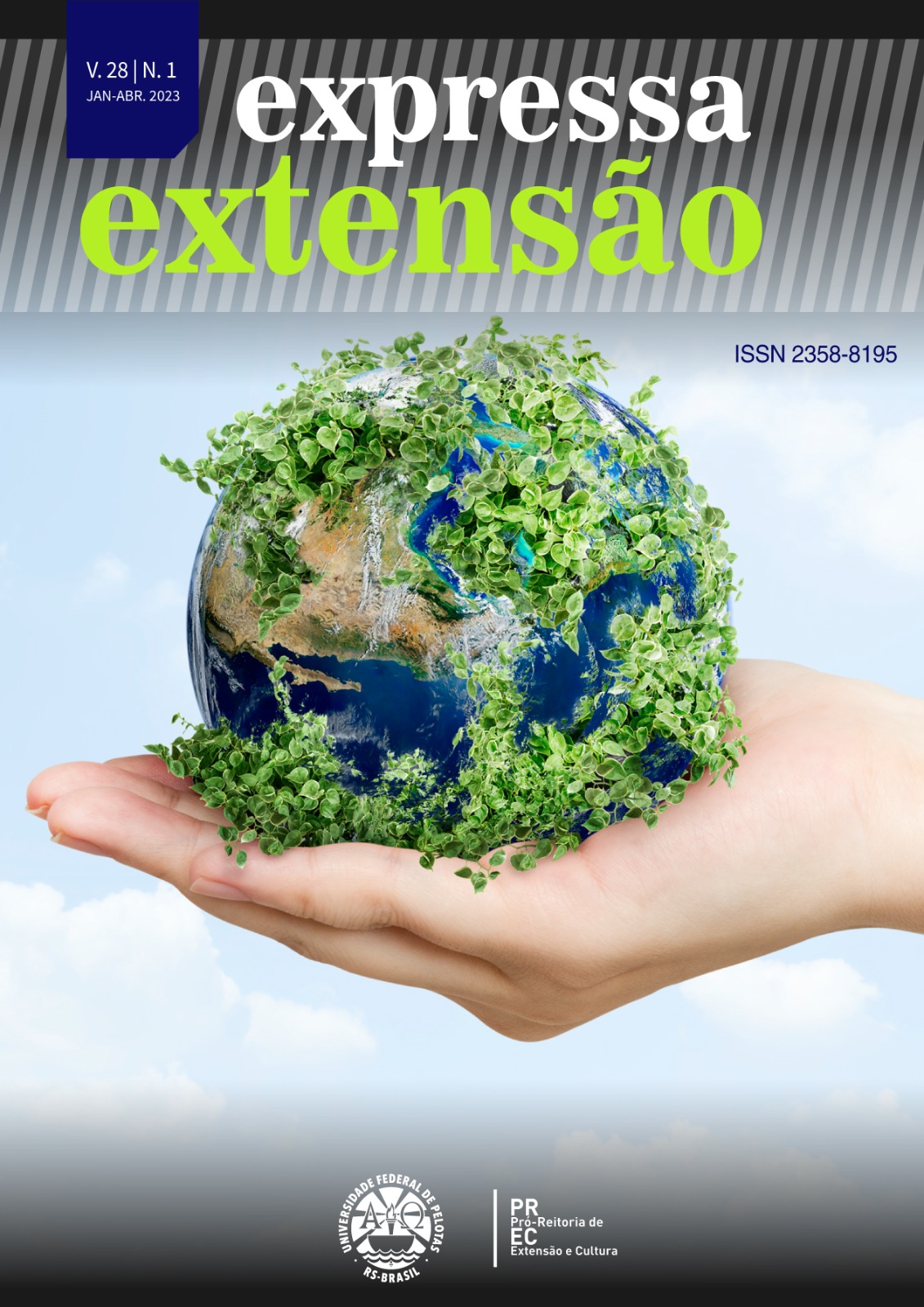AGROBIODIVERSIDADE, SEMENTES CRIOULAS E AGENDA 2030
AS CONTRIBUIÇÕES DAS “RODAS DE CONVERSA”
Abstract
Several efforts have been made in order to generate a sustainable future. Regarding international
organizations such efforts have been directed towards meeting the Sustainable Development
Goals - SDGs. One of the most relevant elements of this Agenda is the issue of biodiversity. This
work is part of the debate on the management and conservation of agrobiodiversity, especially
in relation to creole seeds, seeking to consider and highlight the presence of the human figure
and the territorial dimension - in the production of the associated singularity(s) to conservation
processes. In doing so, agrobiodiversity is considered from the point of view of the connec-
tion between humans – environment – genetic diversity, constituting an inseparable systemic
analytical approach, proposed as an instrumental reference for reflection about conservation
processes. Five Conversation Circles were held, through the zoom platform, covering different
territories in the southern region of Rio Grande do Sul, aimed at dialogue with guardians, orga-
nizations and institutions working together with conservation experiences of landraces. The
results allowed a look at the context of agrobiodiversity conservation processes, expanding
the understanding of singularities, and confirming the approach established for reflection. The
discussion made it possible to identify the common elements of the experiences - the annou-
ncement, and the threats to the existence and reproduction of the experiences. In times of a
pandemic, the construction of a collective perspective on the light of the analytical references
considered - the contributions of the Conversation Circles to the expansion of agrobiodiversity
conservation processes.

